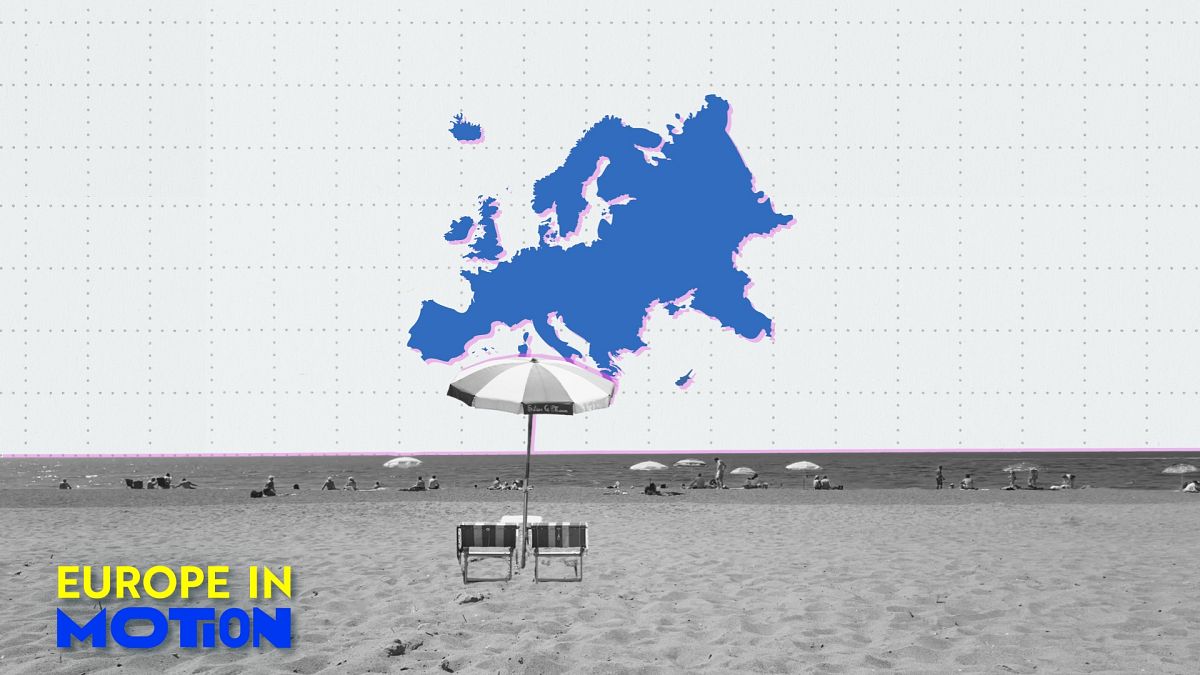

Amidst a tapestry of global events, initiatives and challenges unfold, showcasing humanity’s continuous strive for progress, care, and a sustainable relationship with nature. This article explores the interplay between our natural environment, technological advancements, and societal responsibilities.
In Europe, a recent survey of bathing spots highlights the pristine quality of waters across the Mediterranean, yet draws attention to surprising entries from regions like the Black Sea and the Alps. Such findings remind us of the diverse ecological treasures scattered across the continent, inviting tourists and locals alike to enjoy and cherish nature’s offerings. These clean waters not only offer a glimpse into successful conservation efforts but underline the importance of maintaining stringent environmental standards across regions.
Meanwhile, in Greece, an innovative healthcare solution emerges, significantly reducing emergency care waiting times. The introduction of QR codes and bracelets to prioritize patients ensures more efficient and effective medical interventions. As noted by Greece’s health ministry, this new triage system allows healthcare professionals to dedicate their immediate attention where it is most needed, enhancing patient care while alleviating system pressures. This initiative represents a mindful and patient-centric evolution in medical services, demonstrating the profound impact of technology on healthcare provision.
In the realm of environmental consciousness, dialogue intensifies around the challenge of plastic pollution. Experts argue that while recycling remains an important aspect of managing waste, it alone cannot combat the burgeoning plastics crisis. A shift towards reduction and the exploration of alternative materials are necessary to address pollution at its source. This call for a comprehensive strategy urges individuals, communities, and governments worldwide to innovate and adopt sustainable practices in daily consumption and production.
Conversely, environmental concerns heighten in the Democratic Republic of the Congo (DRC), where plans to open half of the nation’s territory to oil and gas exploration threaten critical wildlife habitats and carbon-rich ecosystems. The proposed auction of drilling blocks, encompassing millions of hectares of land and water, places precious species such as lowland gorillas and bonobos at risk. This decision challenges an ongoing conservation initiative that aims to protect the DRC’s rich biodiversity. It stirs a vital conversation about balancing economic growth with ecological stewardship in regions of immense natural value.
Across the globe in Australia, real-world testing unveils discrepancies in fuel efficiency claims by car manufacturers. Vehicles sold continue to consume more fuel and emit higher levels of pollutants than advertised, highlighting a gap in marketing accountability. This revelation, part of a government-sponsored testing scheme, underscores the necessity for transparent consumer information and more stringent regulatory measures to mitigate environmental impacts.
As these narratives interweave, they collectively encourage a pause to reflect on our environmental responsibilities, the potential of technological innovation, and the interconnectedness of global events. By fostering an atmosphere of mindfulness and collective responsibility, we can hope to usher in an era that cherishes and preserves the world’s natural wonders while ensuring the well-being and prosperity of all.
Source: {link}
